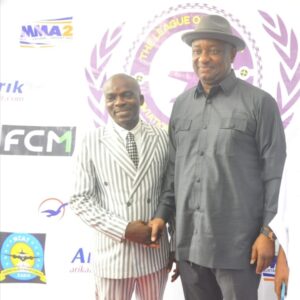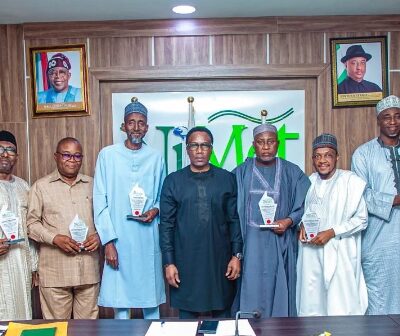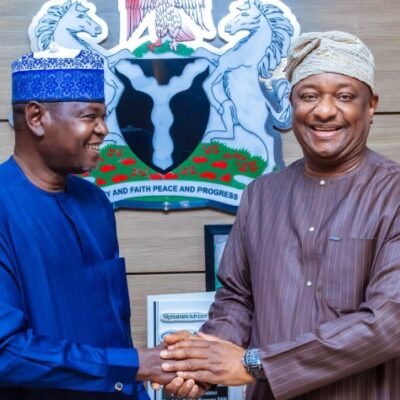
BY OLAPEJU OLUBI
Aviation journalists have called for immediate and comprehensive measures to address the mounting challenges facing Nigeria’s aviation sector.
The media men articulated their views through their umbrella body, League of Airport and Aviation Correspondents (LAAC).
Speaking at the 28th Annual Conference of the League held in Lagos last week and themed:“ Aviation Survivability Amidst A Challenging Macro-Economic Environment,” LAAC Chairman, Suleiman Idris, highlighted critical issues currently choking the industry, which include; infrastructure deficits, regulatory bottlenecks, and financial instability.
Idris emphasised the urgent need for coordinated efforts from both government and industry stakeholders to ensure the sector’s sustainability and growth.
Reflecting on last year’s conference, which focused on evolving strategies to navigate changing times, Idris noted that the economic downturn over the past year was unforeseen and has had severe impacts on the aviation industry. “No soothsayer could have forecast that the national economy would take a plunge so much to the depth we have seen within one year,” he remarked.
This year’s conference theme was chosen in response to significant economic constraints, including limited access to foreign exchange, a weakening currency, soaring fuel costs, and deteriorating airport infrastructure.
Idris pointed out that the capital-intensive nature of the aviation industry relies heavily on foreign exchange for equipment acquisition, maintenance, and training.
He explained that the recent policy shift to float the local currency has led to high inflation, reducing disposable income and diminishing the appeal of air travel for many Nigerians.
“For Nigerians who travel by air, it has been an agonizing experience since the Naira started its free fall against major foreign currencies,” Idris stated, highlighting the exorbitant costs faced by airlines and passengers alike, with domestic flight prices exceeding N200,000 for a one-hour journey and the cost of aviation fuel becoming prohibitive.
Idris also addressed the struggles of various service providers within the aviation value chain, from airlines to ground handlers and regulatory agencies, all grappling with the current macro-economic challenges.
He stressed the necessity for stakeholders to collaborate and develop strategies to overcome these hurdles, stating, “No stakeholder is exempted from the effect of the industry’s current challenges. This is one of the major reasons that we are gathered here today to brainstorm and exchange ideas.”
Recognising aviation as a critical gateway to economic development, Idris expressed hope that the conference would yield solutions to propel the industry forward.
He urged the Federal Government to reconsider its decision requiring 50 percent of internally generated revenue from certain agencies to be remitted to the government, suggesting that easing this burden could support the industry’s recovery.
“As stakeholders in Nigeria’s aviation industry, LAAC’s topmost priority is that every facet of Nigeria’s aviation industry improves in terms of performance,” Idris concluded.
The LAAC Conference 2024 aims to address the pressing issues facing Nigeria’s aviation sector and foster collaborative recommendations for policy formulation towards sustainable growth and development.
Olapeju is a journalist and aviation reporter.




